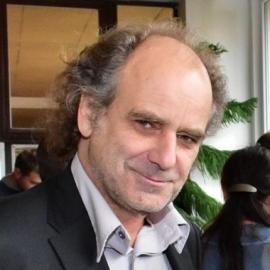Subcellular Biogenesis and Trafficking of Exosomes in the Context of Alzheimer´s Disease with a Specific Focus on SORL1
Exosomes are extracellular vesicles that play a critical role in the development of neurodegenerative disorders. As they transmit signal molecules, they are regulators of neuronal communication and an abundant source of biomarkers for diagnosis. Although implicated in Alzheimer’s disease (AD), little is known about the exosome's biogenesis in response to neuropathological conditions. We will investigate the exosome processing and release in the context of environmental stress or disease related genetic background including SORLA, a newly discovered causative gene in AD. The exosome distribution and release will be examined in neuroblastoma cells and human neurons by super-resolution imaging, while image correlation spectroscopy will be used to dissect exosome trafficking. Biochemistry combined with physicochemical methods will then be employed to characterize the exosome content along with their size and mechanical properties. The outcome of these studies should uncover mechanisms of exosome biogenesis and reveal novel clinical markers in the early diagnosis of neurodegeneration.
prof. Hof Martin Peter Dr. rer. nat., DSc.
 jh-inst.cas.cz
jh-inst.cas.cz




